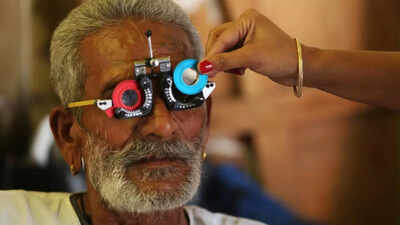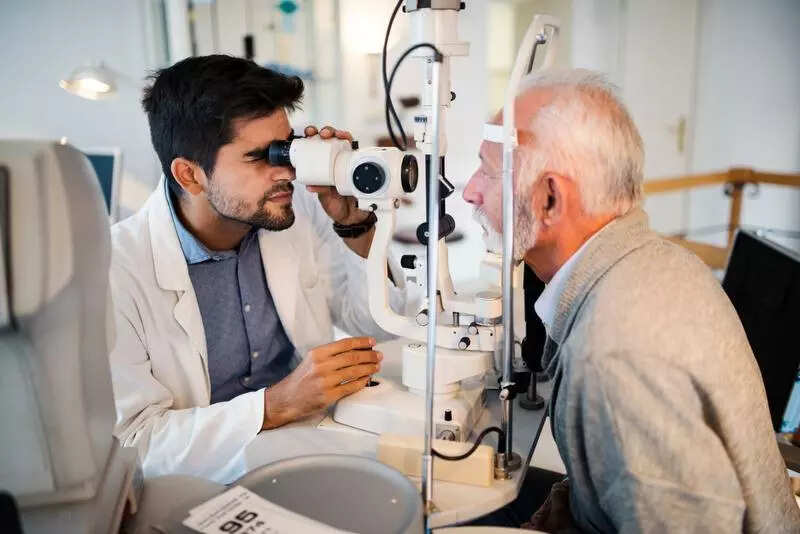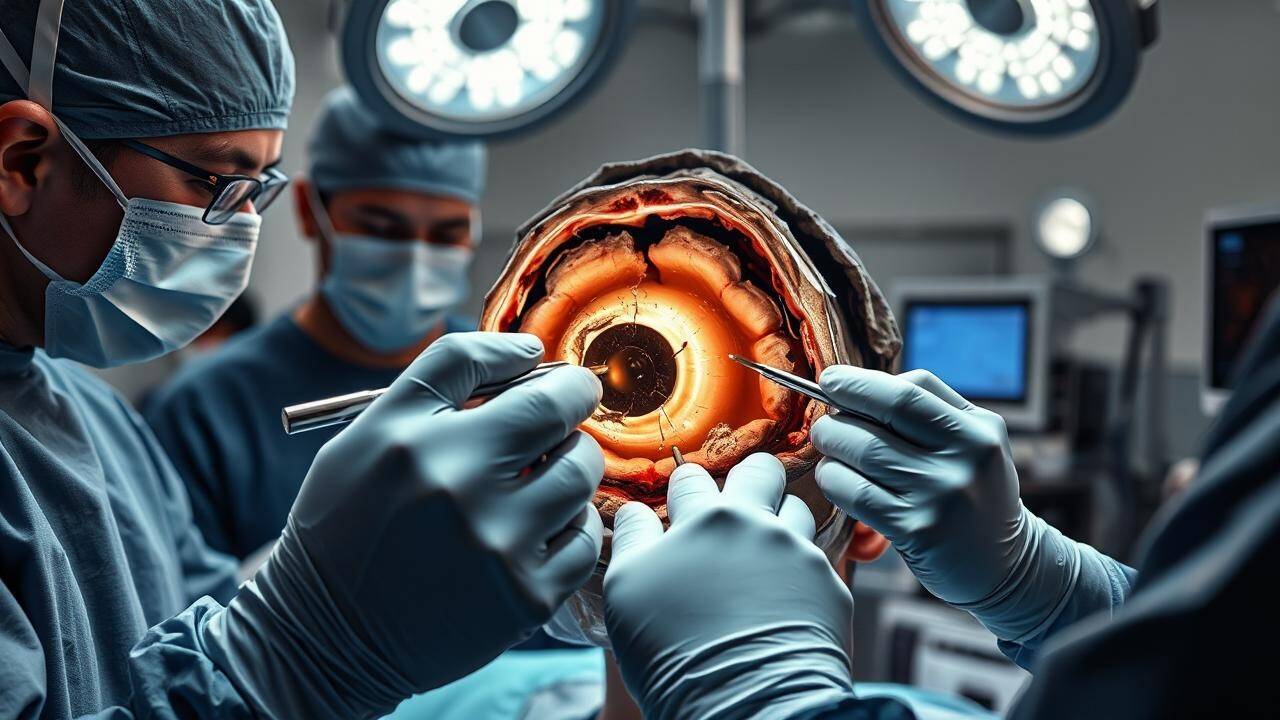ARTICLE AD BOX

Breakthrough Microchip Restores Vision for the Legally Blind at Moorfields Eye Hospital (Representative image: Pexels)
There are moments when the boundary between sci-fi and real life blurs because of a piece of technology that used to live only in futuristic novels suddenly becomes everyday possibility.
This is one of those moments as scientists at Moorfields Eye Hospital in London (and collaborating centres) have developed a tiny photovoltaic micro-chip, no larger than a grain of rice, that can be implanted under the retina of people with advanced vision loss. Patients who were legally blind are now able to read, recognise faces and perform daily tasks again.The innovative microchip, called the Prima System, was surgically implanted in patients at Moorfields Eye Hospital in London as part of an international trial involving 38 participants across five European countries.
The tiny photovoltaic implant, no bigger than 2mm squared and thinner than a human hair, works alongside special glasses with built-in video cameras. The glasses send infrared images to the implant, which converts them into electrical signals transmitted to the brain via the optic nerve.
This new prosthetic vision allows patients to discern letters, numbers and words, enabling activities such as reading, writing and solving crosswords, vastly improving their quality of life.
The transformation
Imagine that your world has been dimming steadily with your central vision gone, details lost and daily life harder. Then imagine waking up one day and reading large print, identifying a loved one's face and walking more confidently. That is exactly what happened for many trial participants. Sheila Irvine, 70, who lost central vision over 30 years ago, celebrated being able to read letters on an eye chart without errors.
She described the feeling to BBC as "out of this world" and "life-changing." Initially, patients undergo intense training to interpret the images as the brain adapts to the new visual input.

Is This Revolutionary Vision Implant the Future or Just a False Dawn for the Blind?
It is not a universal cure as the procedure works on specific types of advanced “dry” age-related macular degeneration (AMD) and the technology is still in early stages but for those involved, the impact is profound. Published in the New England Journal of Medicine, the trial's results showed that 84% of implanted patients regained the ability to read, with an average improvement equivalent to five lines on an eye chart.
The procedure involves a delicate surgery where a trapdoor is created in the retina to place the chip underneath and the device is typically activated about a month post-operation.Experts such as Mahi Muqit, lead UK surgeon, herald the technology as a major advance in artificial vision, potentially changing the future of treatment for millions affected by geographic atrophy, a currently untreatable form of AMD affecting over five million people worldwide.
“This is the first implant that’s been demonstrated to give patients meaningful vision that they can use in their daily life., BBC quoted the lead surgeon at Moorfields.While the implant is not yet commercially available outside clinical trials, there is hope that it will be accessible via health systems like the NHS in coming years. The technology also holds promise for other vision-related conditions in the future.
This life-transforming technology brings renewed independence, optimism and joy to patients who had long been resigned to the loss of their sight.
Why this matters to all of us
When you regain sight, you don’t just see again; you re-connect. Reading, cooking, navigating familiar spaces without fear — these changes ripple through daily experience and sense of independence. Wearable tech has tended to focus on health tracking or entertainment.
This shifts the paradigm that we are not just tracking our lives, the tech is re-enabling them.

Can a Tiny Microchip Really Change the Lives of the Legally Blind?
For decades, someone who was told that they were “irreversibly blind”, might expect no recovery. This implant changes that narrative for doctors, patients, families. It encourages a mindset of what-if. AMD affects millions worldwide but as life spans expand, solutions like this refract what ageing means — less about decline and more about adaptation, renewal, possibility.
How to bring this moment into your world
Reconnect with gratitude. If you can see, touch, hear and move, pause. The tech headlines remind us of what many take for granted. Embrace assistive tech. Whether it is voice assistants, adaptative lighting or accessible apps: design life around enhancement, not limitation. Think differently about ageing. If vision loss is not inevitable decline anymore, what else might we rethink? Travel later, learn new skills, pivot careers.When a tiny chip can restore reading, a simple day becomes extraordinary again. This is not just about eyesight, it is about insight, about what the human experience feels like when full sensory access returns. The success story of the implant reminds us that technology is not only about what we do, it is about how we become. Cultivate patience and hope.Breakthroughs rarely appear overnight; they emerge from decades of work. Whether you are solving personal challenges or career stalling, this news is a reminder that progress often moves in small but consistent steps. Invest in relationships. For the participants, this was not just medical; it was emotional. Regaining vision often meant regaining connection. Use this as impetus to show up in conversation, in presence, in shared moments.
This life-changing discovery has captured global attention, offering hope and improved quality of life for many facing blindness due to retinal disease.

 8 hours ago
4
8 hours ago
4









 English (US) ·
English (US) ·